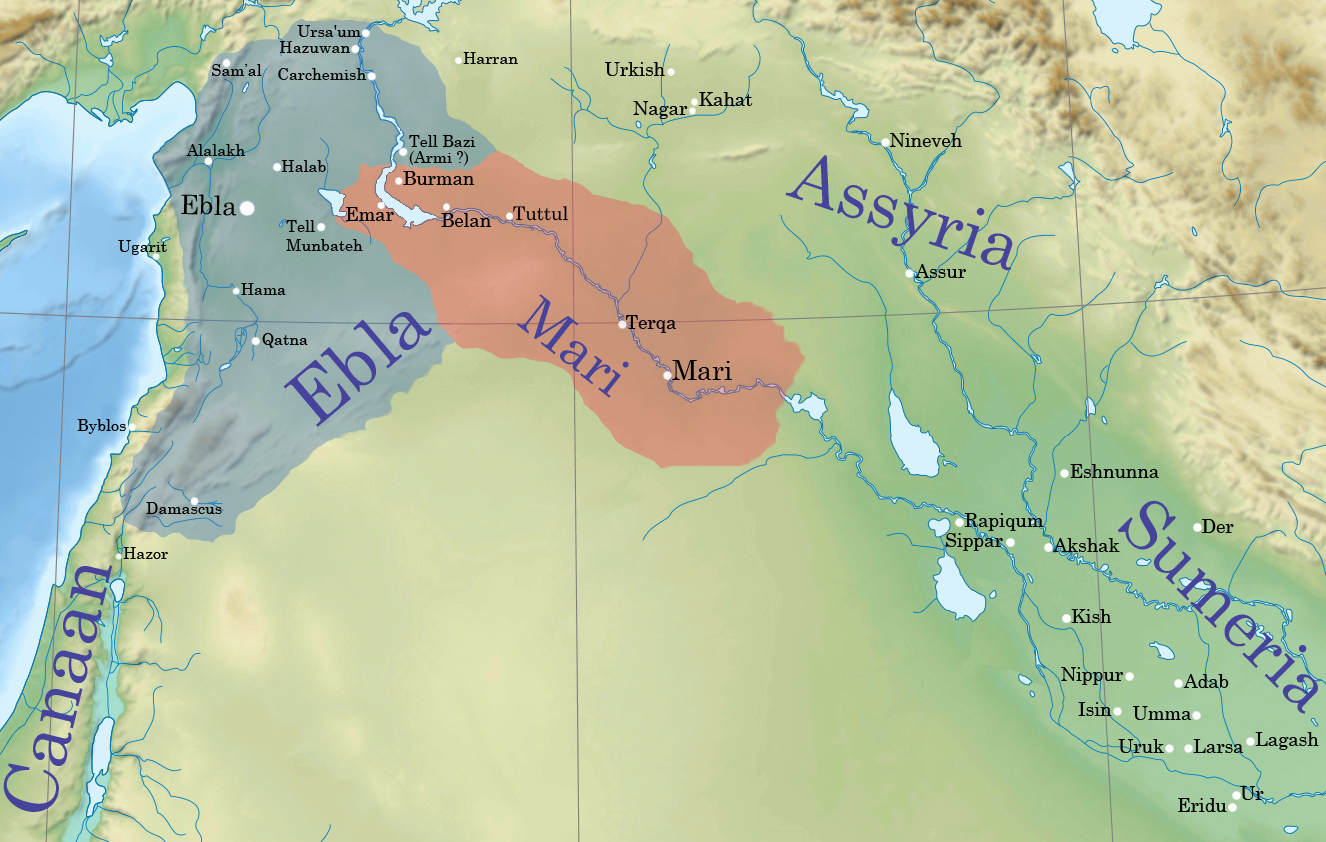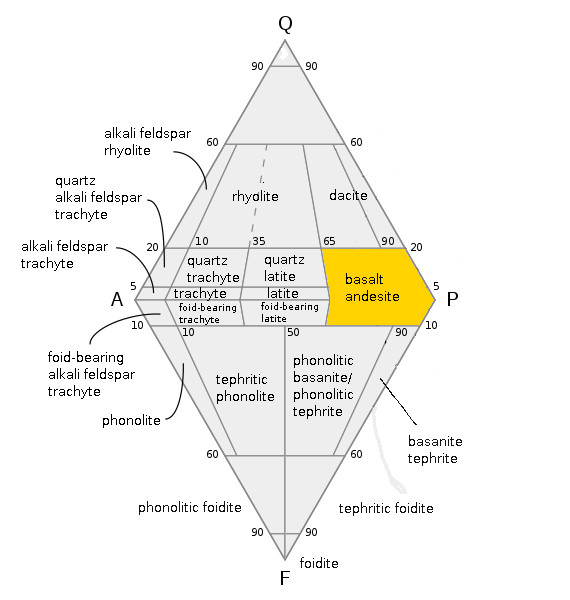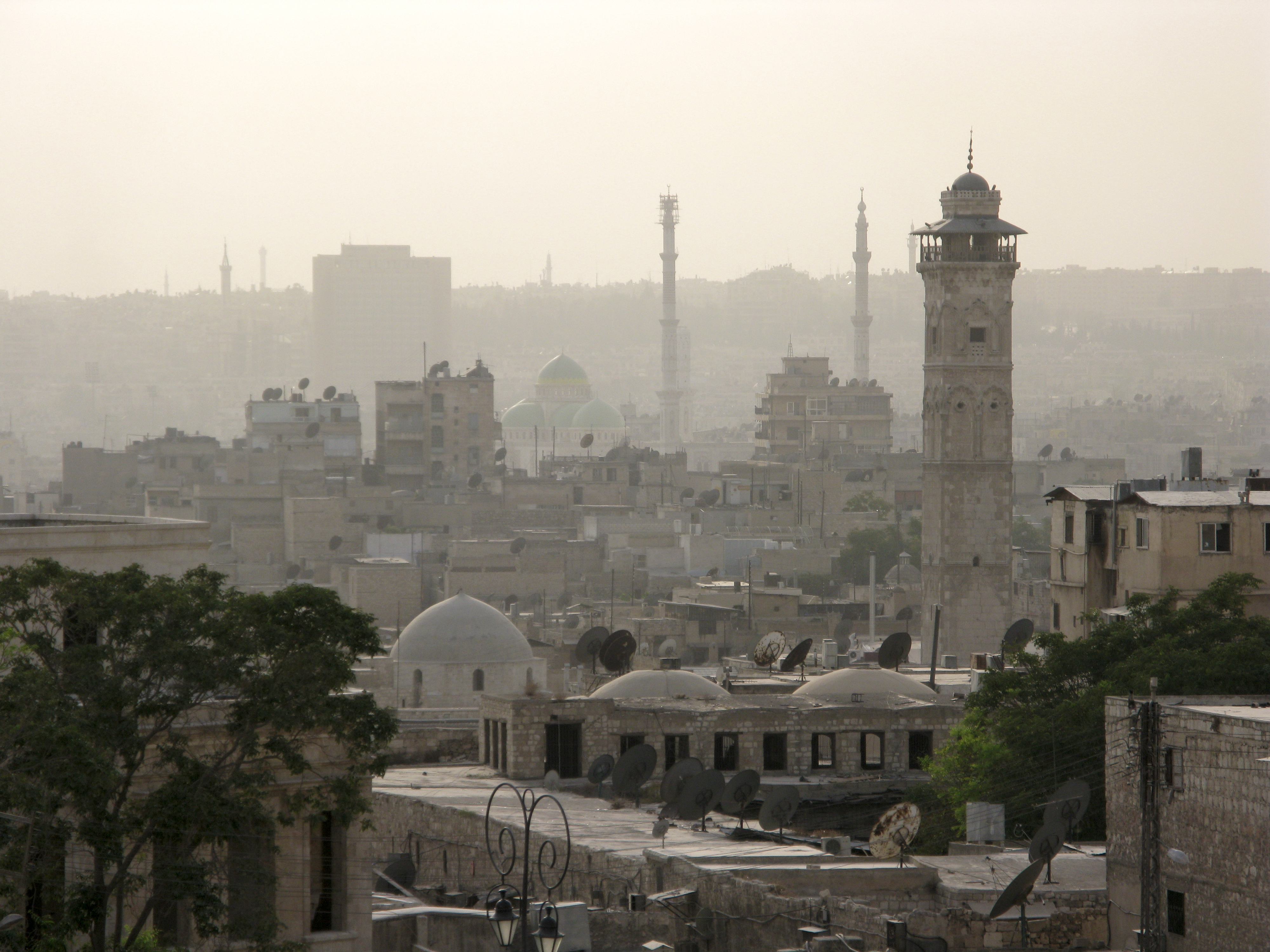|
Ibbit-Lim
Ibbit-Lim was the earliest known ruler of the Third kingdom of Ebla, in modern Syria, reigning most likely shortly before 1950 BCE. Reign Ibbit-Lim is only known by a fragmentary basalt torso found in 1968 at Tell Mardikh and now in Aleppo, which was part of a votive statue for Ishtar, once placed in this goddess' temple in the acropolis of Ebla. A cuneiform inscription on it bears the name of the ''meki'' (king) of Ebla Ibbit-Lim, son of Igrish-Kheb, and claims that the statue was made "eight years after Ishtar's apparition in Ebla". It is believed that this text passage refers to the election of Ishtar as the poliadic goddess of Ebla, an action most likely brought by Ibbit-Lim himself, eight years before making the statue.Matthiae (2010), pp. 230-31 Ibbit-Lim's torso was the first evidence permitting the identification of Tell Mardikh with the ancient city of Ebla, whose location had been lost. As one of the earliest rulers – if not the first one – of the Third kingdom ... [...More Info...] [...Related Items...] OR: [Wikipedia] [Google] [Baidu] |
Ebla
Ebla ( Sumerian: ''eb₂-la'', ar, إبلا, modern: , Tell Mardikh) was one of the earliest kingdoms in Syria. Its remains constitute a tell located about southwest of Aleppo near the village of Mardikh. Ebla was an important center throughout the and in the first half of the Its discovery proved the Levant was a center of ancient, centralized civilization equal to Egypt and Mesopotamia and ruled out the view that the latter two were the only important centers in the Near East during the Early Bronze Age. The first Eblaite kingdom has been described as the first recorded world power. Starting as a small settlement in the Early Bronze Age ( ), Ebla developed into a trading empire and later into an expansionist power that imposed its hegemony over much of northern and eastern Syria. Ebla was destroyed during the It was then rebuilt and was mentioned in the records of the Third Dynasty of Ur. The second Ebla was a continuation of the first, ruled by a new royal d ... [...More Info...] [...Related Items...] OR: [Wikipedia] [Google] [Baidu] |
Tell Mardikh
Ebla (Sumerian language, Sumerian: ''eb₂-la'', ar, إبلا, modern: , Tell Mardikh) was one of the earliest kingdoms in Syria. Its remains constitute a Tell (archaeology), tell located about southwest of Aleppo near the village of Mardikh. Ebla was an important center throughout the and in the first half of the Its discovery proved the Levant was a center of ancient, centralized civilization equal to Ancient Egypt, Egypt and Mesopotamia and ruled out the view that the latter two were the only important centers in the Ancient Near East, Near East during the Early Bronze Age. The first Eblaite kingdom has been described as the first recorded world power. Starting as a small settlement in the Early Bronze Age ( ), Ebla developed into a trading empire and later into an expansionist power that imposed its hegemony over much of northern and eastern Syria. Ebla was destroyed during the It was then rebuilt and was mentioned in the records of the Third Dynasty of Ur. The ... [...More Info...] [...Related Items...] OR: [Wikipedia] [Google] [Baidu] |
Syria
Syria ( ar, سُورِيَا or سُورِيَة, translit=Sūriyā), officially the Syrian Arab Republic ( ar, الجمهورية العربية السورية, al-Jumhūrīyah al-ʻArabīyah as-Sūrīyah), is a Western Asian country located in the Eastern Mediterranean and the Levant. It is a unitary republic that consists of 14 governorates (subdivisions), and is bordered by the Mediterranean Sea to the west, Turkey to the north, Iraq to the east and southeast, Jordan to the south, and Israel and Lebanon to the southwest. Cyprus lies to the west across the Mediterranean Sea. A country of fertile plains, high mountains, and deserts, Syria is home to diverse ethnic and religious groups, including the majority Syrian Arabs, Kurds, Turkmens, Assyrians, Armenians, Circassians, Albanians, and Greeks. Religious groups include Muslims, Christians, Alawites, Druze, and Yazidis. The capital and largest city of Syria is Damascus. Arabs are the largest ethnic group, and Mu ... [...More Info...] [...Related Items...] OR: [Wikipedia] [Google] [Baidu] |
Basalt
Basalt (; ) is an aphanite, aphanitic (fine-grained) extrusive igneous rock formed from the rapid cooling of low-viscosity lava rich in magnesium and iron (mafic lava) exposed at or very near the planetary surface, surface of a terrestrial planet, rocky planet or natural satellite, moon. More than 90% of all volcanic rock on Earth is basalt. Rapid-cooling, fine-grained basalt is chemically equivalent to slow-cooling, coarse-grained gabbro. The eruption of basalt lava is observed by geologists at about 20 volcanoes per year. Basalt is also an important rock type on other planetary bodies in the Solar System. For example, the bulk of the plains of volcanism on Venus, Venus, which cover ~80% of the surface, are basaltic; the lunar mare, lunar maria are plains of flood-basaltic lava flows; and basalt is a common rock on the surface of Mars. Molten basalt lava has a low viscosity due to its relatively low silica content (between 45% and 52%), resulting in rapidly moving lava flo ... [...More Info...] [...Related Items...] OR: [Wikipedia] [Google] [Baidu] |
Aleppo
)), is an adjective which means "white-colored mixed with black". , motto = , image_map = , mapsize = , map_caption = , image_map1 = , mapsize1 = , map_caption1 = , pushpin_map = Syria#Mediterranean east#Asia#Syria Aleppo , pushpin_label_position = left , pushpin_relief = yes , pushpin_mapsize = , pushpin_map_caption = Location of Aleppo in Syria , coordinates = , subdivision_type = Country , subdivision_name = , subdivision_type1 = Governorate , subdivision_type2 = District , subdivision_type3 = Subdistrict , subdivision_name1 = Aleppo Governorate , subdivision_name2 = Mount Simeon (Jabal Semaan) , subdivision_name3 = Mount Simeon ( ... [...More Info...] [...Related Items...] OR: [Wikipedia] [Google] [Baidu] |
Ishtar
Inanna, also sux, 𒀭𒊩𒌆𒀭𒈾, nin-an-na, label=none is an ancient Mesopotamian goddess of love, war, and fertility. She is also associated with beauty, sex, divine justice, and political power. She was originally worshiped in Sumer under the name "Inanna", and later by the Akkadians, Babylonians, and Assyrians under the name Ishtar, (occasionally represented by the logogram ). She was known as the "Queen of Heaven" and was the patron goddess of the Eanna temple at the city of Uruk, which was her main cult center. She was associated with the planet Venus and her most prominent symbols included the lion and the eight-pointed star. Her husband was the god Dumuzid (later known as Tammuz) and her , or personal attendant, was the goddess Ninshubur (who later became conflated with the male deities Ilabrat and Papsukkal). Inanna was worshiped in Sumer at least as early as the Uruk period ( 4000 BCE – 3100 BCE), but she had little cult activity before the conques ... [...More Info...] [...Related Items...] OR: [Wikipedia] [Google] [Baidu] |
Acropolis
An acropolis was the settlement of an upper part of an ancient Greek city, especially a citadel, and frequently a hill with precipitous sides, mainly chosen for purposes of defense. The term is typically used to refer to the Acropolis of Athens, yet every Greek city had an acropolis of its own. Acropoloi were used as religious centers and places of worship, forts, and places in which the royal and high-status resided. Acropolises became the nuclei of large cities of classical ancient times, and served as important centers of a community. Some well-known acropoloi have become the centers of tourism in present-day, and, especially, the Acropolis of Athens has been a revolutionary center for the studies of ancient Greece since the Mycenaean period. Many of them have become a source of revenue for Greece, and represent some great technology during the period. Origin An acropolis is defined by the Greek definition of ἀκρόπολις, akropolis; from akros (άκρος) or (άκ ... [...More Info...] [...Related Items...] OR: [Wikipedia] [Google] [Baidu] |
Amorite
The Amorites (; sux, 𒈥𒌅, MAR.TU; Akkadian: 𒀀𒈬𒊒𒌝 or 𒋾𒀉𒉡𒌝/𒊎 ; he, אֱמוֹרִי, 'Ĕmōrī; grc, Ἀμορραῖοι) were an ancient Northwest Semitic-speaking people from the Levant who also occupied large parts of southern Mesopotamia from the 21st century BC to the end of the 17th century BC, where they established several prominent city-states in existing locations, such as Isin, Larsa and later notably Babylon, which was raised from a small town to an independent state and a major city. The term in Akkadian and Sumerian texts refers to the Amorites, their principal deity and an Amorite kingdom. The Amorites are also mentioned in the Bible as inhabitants of Canaan both before and after the conquest of the land under Joshua. Origin In the earliest Sumerian sources concerning the Amorites, beginning about 2400 BC, the land of the Amorites ("the ''Mar.tu'' land") is associated not with Mesopotamia but with the lands to the west o ... [...More Info...] [...Related Items...] OR: [Wikipedia] [Google] [Baidu] |
Kings Of Ebla
Kings or King's may refer to: *Monarchs: The sovereign heads of states and/or nations, with the male being kings *One of several works known as the "Book of Kings": **The Books of Kings part of the Bible, divided into two parts **The ''Shahnameh'', an 11th-century epic Persian poem **The Morgan Bible, a French medieval picture Bible **The Pararaton, a 16th-century Javanese history of southeast Asia *The plural of any king Business *Kings Family Restaurants, a chain of restaurants in Pennsylvania and Ohio *Kings Food Markets, a chain supermarket in northern New Jersey * King's Favourites, a brand of cigarettes *King's Variety Store, a chain of stores in the USA *King's (defunct discount store), a defunct chain of discount stores in the USA Education *King's College (other), various colleges * King's School (other), various schools * The King's Academy (other), various academies Electoral districts *King's (New Brunswick electoral district) (1867–190 ... [...More Info...] [...Related Items...] OR: [Wikipedia] [Google] [Baidu] |






